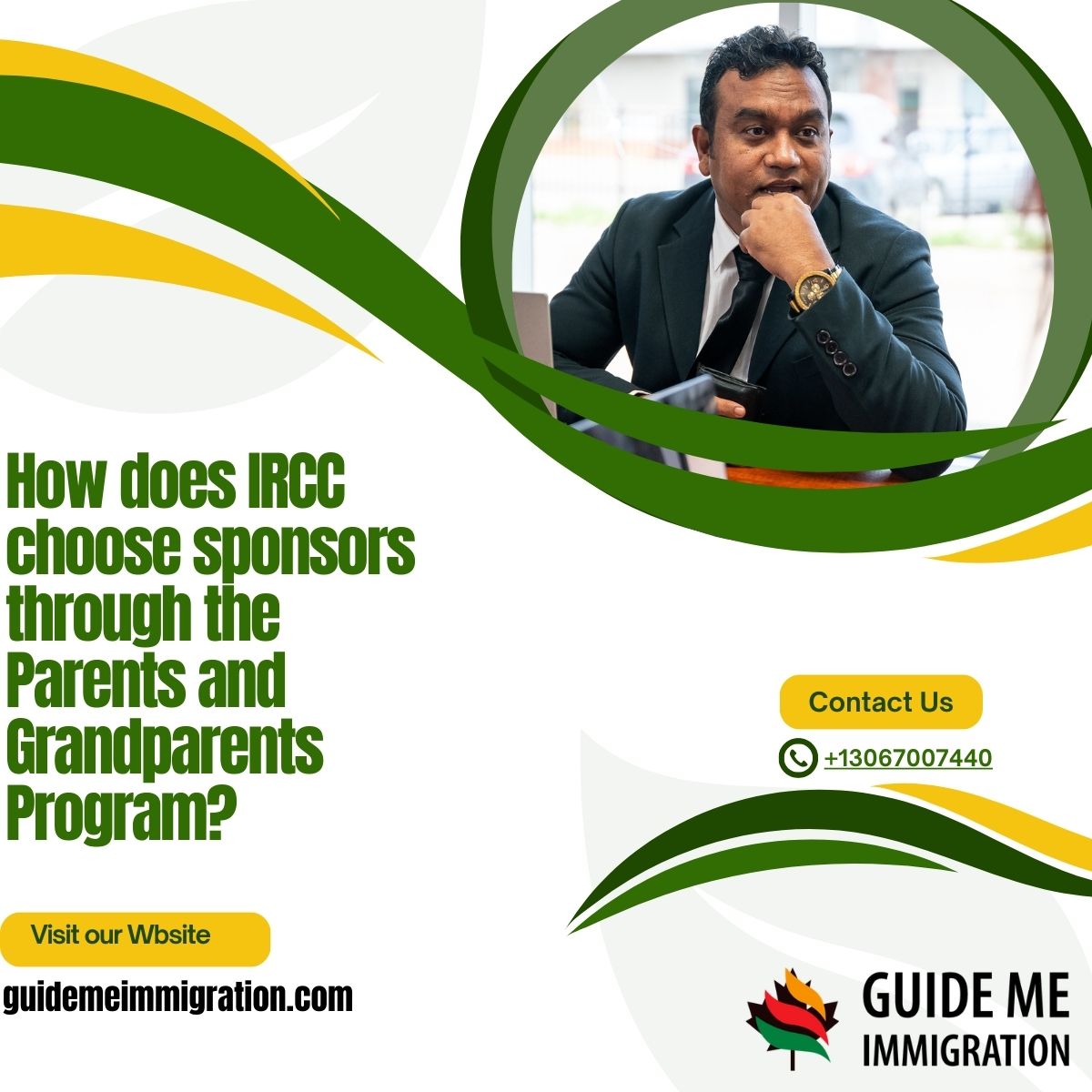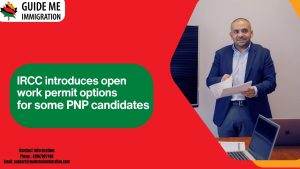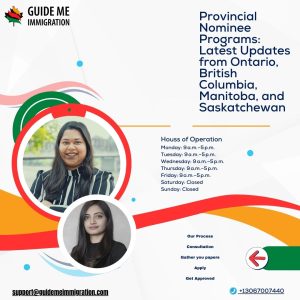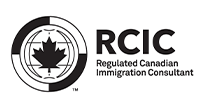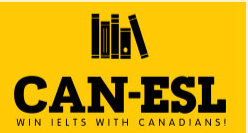How Does IRcc Choose Sponsors Through the Parents and Grandparents Program?
The Parents and Grandparents Program (PGP) is one of the most anticipated immigration pathways in Canada, allowing Canadian citizens and permanent residents to sponsor their parents and grandparents for permanent residency. With a growing backlog and limited slots available, understanding how Immigration, Refugees and Citizenship Canada (IRCC) selects sponsors is essential for those hoping to reunite with their loved ones.
Overview of the PGP
Every year, IRCC invites a select number of Canadian sponsors to apply for their parents or grandparents to immigrate to Canada. The selection process, however, is often shrouded in confusion due to the unique lottery system that IRCC employs. With recent updates from the government, we can gain a clearer understanding of how sponsors are chosen.
The Lottery System Explained
For the recent intakes of the PGP, IRCC has adopted a randomized selection method from a pool of interest-to-sponsor forms submitted in 2020. Here’s how the process works:
- Interest to Sponsor Forms: Individuals interested in sponsoring their parents or grandparents must first submit an interest-to-sponsor form. This serves as a declaration of intent but does not guarantee selection.
- Random Selection: Once the submission window closes, IRCC randomly selects potential sponsors from this pool. This year, for example, they issued 35,700 Invitations to Apply (ITAs) with a target to accept 20,500 complete applications.
- Bulk Email Notifications: An IRCC agent utilizes a bulk email tool to notify the selected candidates. The tool sends ITA letters to individuals in the order they were drawn, ensuring fairness in the selection process.
The 2024 Intake and Its Unique Aspects
For the 2024 PGP intake, IRCC chose to draw from the same 2020 pool, meaning the rules and procedures established then are still in effect. Here’s what to expect for the 2024 intake:
Documentation Requirements
Sponsors who receive an ITA must provide specific documentation when submitting their sponsorship application. This includes:
- A copy of their “status in Canada” document, which was part of their original interest-to-sponsor submission.
- If any discrepancies arise between the information provided in the interest-to-sponsor form and the sponsorship application, sponsors must explain these changes and provide satisfactory evidence to demonstrate the application pertains to the same individual identified in the original form.
Priority of Processing
IRCC employs a first-in, first-out processing strategy for PGP applications. This means that new applications are placed behind those already in the queue. Given that many applications from previous years remain unresolved, this can lead to extended waiting times for new applicants.
The Growing Demand and Criticism
The PGP has seen a substantial increase in interest, leading to a persistent backlog of applications. After the 2023 PGP intake, there were still approximately 108,000 interest-to-sponsor forms pending in IRCC’s inventory. This backlog reflects the heightened demand for family reunification, particularly as the number of available slots remains relatively low.
In recent years, the program has come under scrutiny. Critics argue that IRCC’s processing times and limited slots do not align with the needs of Canadian families looking to reunite with their loved ones. The situation has prompted calls for reforms to enhance the efficiency of the family reunification process.
Future of the PGP
The PGP is poised for slight increases in its admissions allocations. For 2025 and 2026, the program aims to accept 34,000 applications per year, up from 32,000 in 2023. However, even with these increases, the number of interested sponsors continues to outstrip available slots. This discrepancy raises questions about the future sustainability of the program and whether it can adequately meet the needs of Canadian families.
Understanding the selection process for the Parents and Grandparents Program is crucial for potential sponsors. The randomized lottery system, coupled with documentation requirements and the first-in, first-out processing method, creates a complex landscape for family reunification in Canada.
As demand for the program continues to grow, it remains to be seen how IRCC will adapt to the evolving needs of Canadian families. Potential sponsors must remain informed and prepared to navigate the application process, as they wait for the opportunity to bring their loved ones to Canada.
If you’re considering sponsoring a parent or grandparent, make sure to stay updated on the latest IRCC announcements and prepare your application thoroughly to increase your chances of success in this competitive and demanding program.
For more personalized advice and support through the sponsorship process, don’t hesitate to reach out to Guide Me Immigration Ltd. We’re here to help you navigate the complexities of Canadian immigration!

